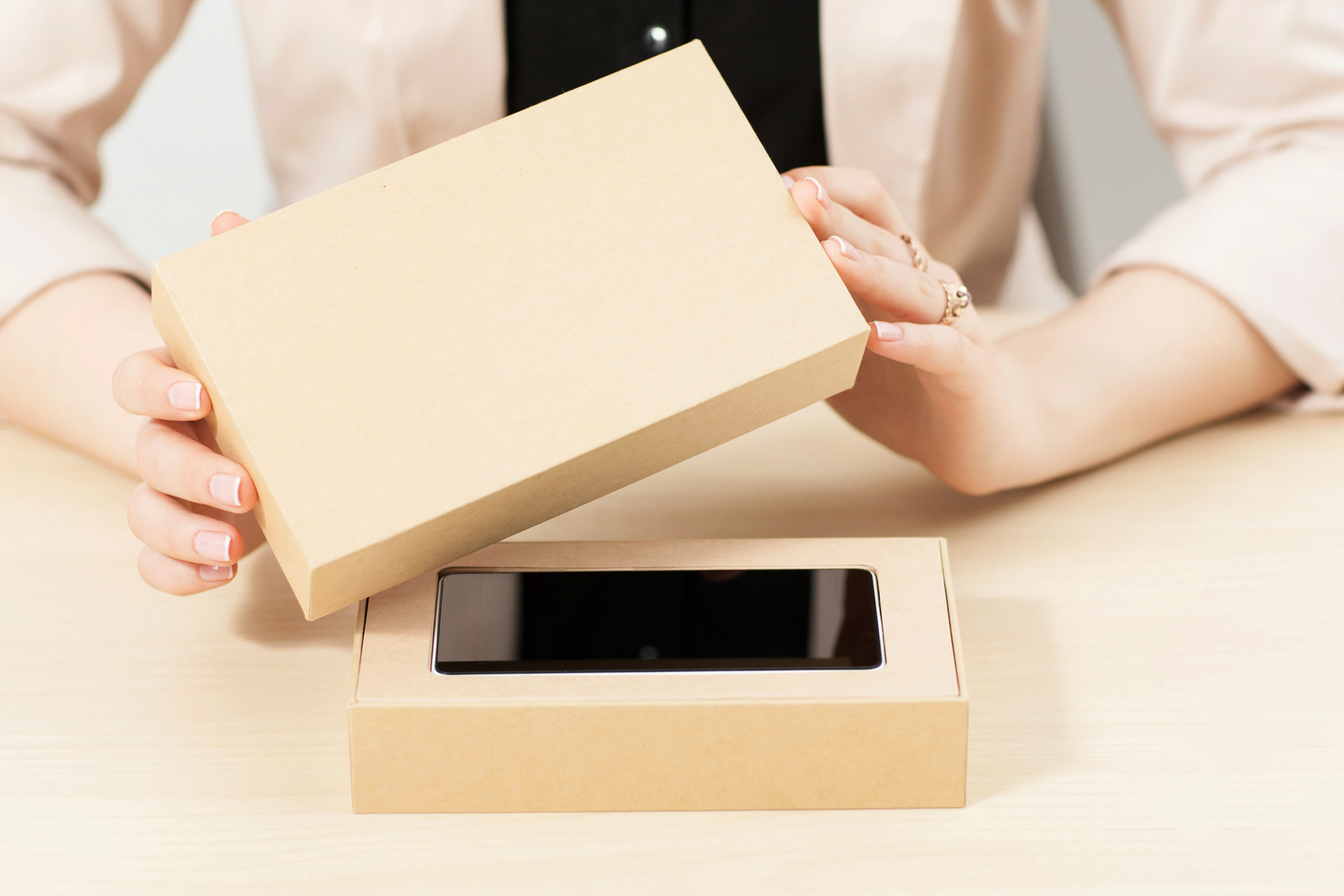
4 Factors for Choosing the Best Smartphone
Everyone wants to own the best smartphone. But when you step out to buy one, you are offered so many options that you tend to lose focus and cannot decide what’s best for you. So, to ease your decision-making skill a bit, here are some factors to consider when buying the best smartphone for yourself.
Quality of Build
This one of the important factors to consider when buying the best smartphone that will help you ensure durability of the phone. The smartphone body is either made of plastic or metal. Sometimes, you might also come across handsets that have panels that are coated with glass. If you have a tendency of dropping your smartphone often, you must pick a handset made of metal or plastic. These smartphones can will be safe even after dropping from a height of 2 to 3 feet. But that is not true in the case of handset that has glass panels.
Battery Life
Smartphones that have 2GB RAM and 2GHz processor usually come with a battery capacity of 3000mAh at least. This allows the user to operate the browser on the phone for one day along with some moderate gaming. But as soon as you do some heavy gaming, the operation time of the battery reduces drastically and it drains out in 6 hours. Some not-so popular companies sometimes indicate that they have a capacity of 5000 mAh or even more. Usually, this is wrong information and you must be wary of this while considering them.
Display Quality
The resolution and screen size of the phone should depend on your usability. If you use your phone regularly to watch videos, edit videos or photos, or to view or download movies, you must for a smartphone with a display ranging anywhere between 5.5 and 6 inches with a full HD or QHD resolution. If you go for a phone that has a display bigger than 6 inches, it will make the handset heavy to carry.
Quality of Front and Rear Cameras
Never fall for the higher number of megapixels that the smartphone is offering. It does not mean that the phone has a better camera. There are many other factors such as ISO levels, camera aperture, auto focus, and the like that have a role to play in determining the camera quality a phone is offering. If the back camera of the phone is 16MP, that does not make it better than a phone with a 12MP camera. This same logic needs to used while considering the front-camera quality. If you are into photography, you can go for a phone that has 12MP or 16MP camera, a sensor that is below f/2.0, or an aperture that is lower for quick shots even when the lighting is not perfect.



